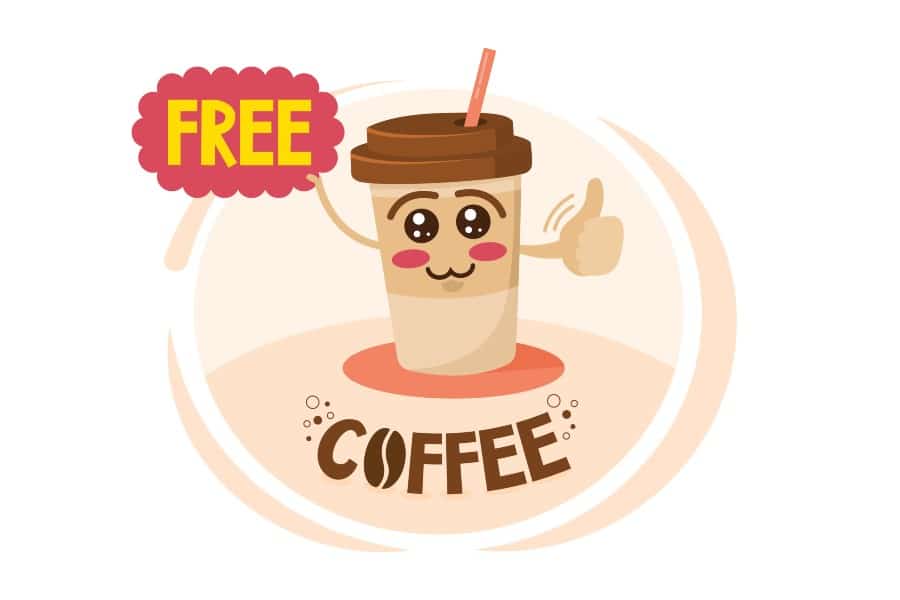When I was 5 years old, I remember getting my first cavity.
I loved candy and hated brushing my teeth.
Mom made me a deal – If I brushed my teeth every day, she would buy a dinky car at the end of every month.
When I was a kid, there were two types of dinky cars: Matchbox and Hot Wheels.
I preferred Hot Wheels because they were sturdier, flashier, and the wheel axles didn’t bend as easily.
I became a brushing fool.
And good to her word, at the end of the month, Mom took me to the grocery store to choose my newest bounty. Back then, they sold dinky cars at the checkout counters.
At Christmas, my parents bought me a carrying case to hold my growing car collection. It was a Matchbox case, but I didn’t mind. The case held 48 cars.
By the time I was in third grade, with Christmas and birthday presents, the case was filled. Mom stopped buying the monthly bribe. My habit of toothbrushing was fully formed.
I had a “to-do” list posted on the bathroom mirror for reminders.
- Brush teeth
- Wash hands
- Wash face
- Brush hair
I think those cars are still at Mom and Dad’s house. My son and nephew have both zoomed around the floor with my dinkys.
Some companies like to bribe customers. Get 20%. Buy one, get one free. It works.
Customers climb through the doors and throw cash at the register.
It feels good for the owner.
The customer is happy knowing they got a discount.
The employees worked harder, but they were paid.
The bribe strategy is twofold:
- Increase sales in the short-term.
- Encourage trial and convert them to loyal buyers.
McDonald’s runs a bribe strategy in Canada twice a year.
Their marketing geniuses offer free coffee as a promotion.
Coffee consumption in Canada is owned by Tim Hortons.
Tim’s has 1500 more locations than McDonald’s and Starbucks combined.
Strategically, Mickey D’s is trying to lure away the customer from their top competitor in hopes they discover the coffee from the golden arch is superior.
And in the short term, a customer enticed by “free”, will likely buy other items on the menu. Sales go up. Royalties to Mr. Ronald McDonald increase. Customers are happy with free. Ronnie gets a new clown car. Franchisees aren’t happy or sad. Increased sales are offset by the cost of the coffee.
The customers with Tim Horton’s running through their veins don’t jump in line for the free coffee. They don’t care. They happily wait in a Tim’s drive-thru for 15 minutes before crossing the median for a McDonald’s coffee.
The casual coffee consumer and those who make coffee at home jump at the free offering. Casual coffee consumers are forced to make a choice: wait in line at Tim’s or get it now at Mickey D’s. The casual drinker doesn’t have a brand preference, so they go where it’s easiest.
The campaign works, but the strategy fails. Lineups remain long at Tim’s during the promotion.
As soon as the campaign ends, coffee sales drop back to regular levels at Ronnie’s house.
I’m certain there’s been discussion to increase the frequency of this promotion.
I used to be one of those franchise marketing guys. The pressure to increase sales is on the path of least resistance. On this path, the lowest hanging fruit are always discounts.
Bribing a customer does not have the same effect as bribing a child.
A child grows up and sees the benefit of brushing.
Honestly, I didn’t care about my teeth.
Jenny O. sat across from me in class.
I wanted good breath, a clean face, and brushed hair when I talked to her.
It wasn’t the brush but the crush that got me to clean up every day.
The dinky car was just the bonus.
- Pretend is bad for business - July 9, 2024
- Curiosity is Creativity’s Roommate - February 10, 2023
- Labels are tattoos on your brain - December 15, 2022

